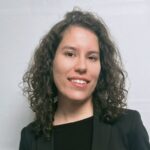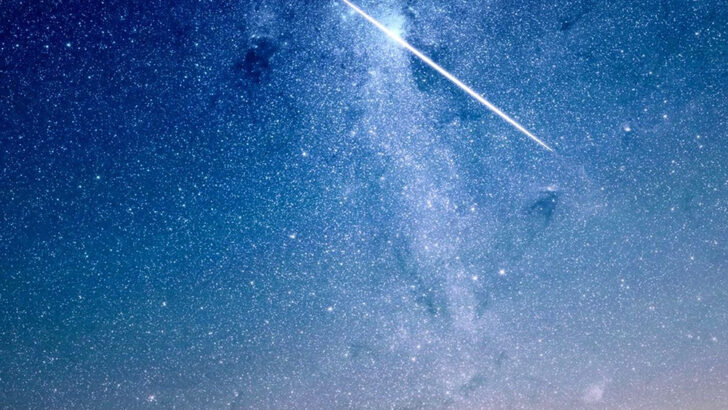“Many theologians are intimidated by scientists and many scientists are disdainful of theologians,” Fr Michael Connolly, astrophysicist and parish priest Oughterard told The Irish Catholic.
Fr Connolly believes that discussing the relationship between ‘faith’ and ‘reason’, “or particularly faith in the scientific field” is imperative. The priest gave a talk in September in Oughterard when he discussed the Catholic faith’s compatibility with science.
“It’s a very important moral aspect because technology companies are becoming major shapers of culture and it’s amazing what they’re doing, but also it could be harmful. I [would] like to get more educated lay Catholics to dialogue and critique what’s happening with their Catholic faith, but also technology and science, and where it’s all going.”
There is a new ‘industrial revolution’ being planned, Fr Connolly said, so it is important to have a new generation of Catholics forming part of that revolution. “Because if we’re not in the discussion, then it’s going to be decided by people who have no faith, with different values, [who] have a different worldview, and it can go very wrong.”
Calling
Fr Connolly’s career path started in the 1980s when he got his first degree in science at the University of Galway, but he didn’t get an honours degree, which made him decide to leave the sciences for a while and work as a lay missionary. “I went working in electronics and industry and then my vocation came along,” he said.
“But after my vocation, to my surprise, the door opened for me to go back to my old university, and I did a master’s degree in high energy astrophysics.” Later, Fr Connolly did a doctorate with the Harvard Smithsonian.
His main goal with that degree was to speak on faith and science, “because at the time there was a very strong movement called ‘The New Atheist’, they were inspired by the cultural fundamentalists,” explained the priest.
The New Atheists believe “‘all religions should be banished because it just caused trouble and wars’. And I said, ‘No, that’s not the truth. What it does is, it gives people legitimacy in the name of God, to do things that God certainly doesn’t want, so we need to find good religion and find the people who aren’t false prophets’”.
The best way to speak in those arguments is to have credibility, Fr Connolly said. “Scientists, they’re quite arrogant sometimes, they won’t really respect people commenting on science unless they have a science background. If you have that background and you also have the faith background, that has much more credibility”.
The astrophysicist priest is doing his second doctorate in philosophy of science. He is now studying the semantic nature. “From the first book of John ‘and all was created through the world’. It’s actually true because it is a language based on all of nature and mathematics.”
The next step in Fr Connolly’s career is to share his knowledge, share the idea that faith and science can and should work together”
The priest believes there must be a bridge between faith and science. “I think it’s dangerous if they’re separate, because we need each other, to inspire and keep each other in check.”
“Once you remove an objective morality from science, ‘can do’ means ‘should do’. Without looking at the long-term consequences, they can be very fluid. The morality, we need that.
“And faith, religion, needs a strong grounding in creation and physics and science because it just makes us more grounded. Otherwise, it’s just all spiritual. So we’re body and soul. It helps religion from being too superstitious, and it also stops science from believing in false absolutes’. That’s John Paul, he said that. We need each other. It’s a difficult dialogue, we have to learn to respect”.
The next step in Fr Connolly’s career is to share his knowledge, share the idea that faith and science can and should work together. “I would hope to engage with professional young adults who are open to this dialogue,” he said. The priest also wants “to do in-person school visits for young teenagers seeking another input”.
“I would like to get people [who] can come together in faith, but also in faith and reason, and science, and to be the yeast in the leaven. That’s it.”


 Renata Steffens
Renata Steffens
